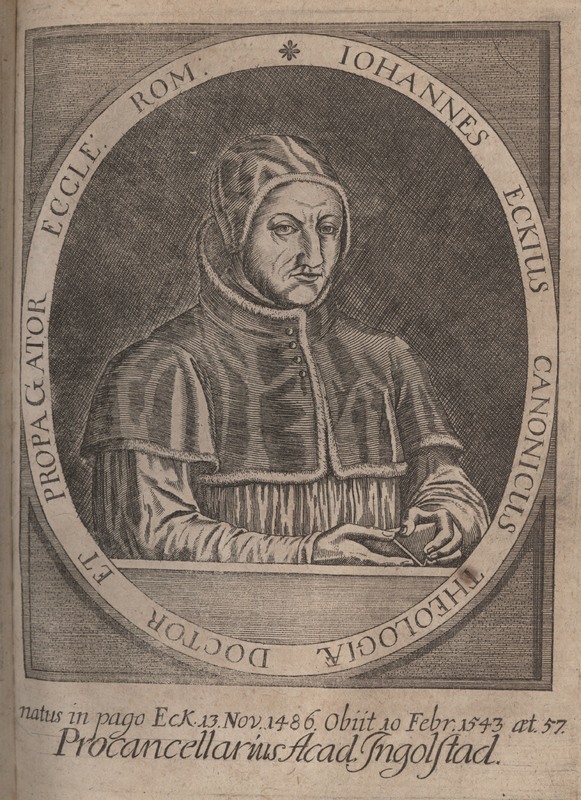Stage II
“The White men had some spell or magic”
Or, Translatio studii et imperii (Transfer of Learning and Power) as Scripturalization

- Exhibition--Welcome >
- Orientation to Exhibition >
- Stage I >
- Stage II >
- Stage III >
- Stage IV >
- Stage V >
…the white men had some spell or magic…. I was now more persuaded than ever that I was in another world, and that everything about me was magic….As every object was new to me, every thing I saw filled me with surprise…a watch which hung on the chimney…a picture hanging in the room, which appeared constantly to look at me…I thought it was something relative to magic…
Olaudah Equiano/Gustavus Vassa
Stage II points us to the long history of modern-world European colonial and before such other imperial dominant regimes and their control of forms of representation and mediatization. In the modern world this has especially involved the writing and printing and distribution of books (and related objects). It is the fetishization of such that Equiano/Vassa deftly identifies and characterizes for the reader that is striking. It also makes clear the psycho-political and violent uses—translatio studii et imperii (“transfer of learning and power”)--of books and related objects and instruments (clocks, for example) that are part of a larger culturalist masquerade that can be more poignantly described and analyzed as scripturalization. The latter is my preferred term to capture white men’s semiosphere/regime of mediatization.
Title page of Francis Bacon’s massive and influential but incomplete Instauratio Magna (1620). This work was intended in the early era of European “discoveries” of Others to “restructure”—through new genres of writing--how knowledge is defined, structured, and accessed. The ship in the center is depicted as being oriented plus ultra (“farther beyond”), Latin words inscribed on the Pillars of Hercules (the edge of European civilization), and which had served as the motto and guiding ideology of (“Holy Roman Emperor” and King of Spain) Charles V (1500-1558).
Reflective of the same ideological orientation is the Latin epigraph at the bottom of page--Multi pertransibunt & augebitur scientia (a riff on Daniel 12:4). Translated as “Many shall go forth and knowledge shall be increased,” it was somewhat paradoxically made by Bacon to be consonant with the seventeenth century pan-European-imperial transmutation and application of (biblical and other) apocalyptic hopes.
- Exhibition--Welcome >
- Orientation to Exhibition >
- Stage I >
- Stage II >
- Stage III >
- Stage IV >
- Stage V >













